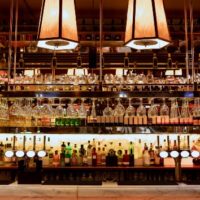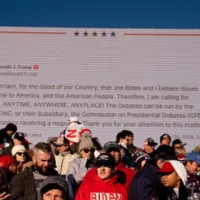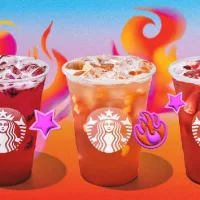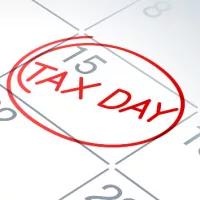
DGLimages/iStockBy KELLY MCCARTHY, ABC News
(NEW YORK) — Takeout craft cocktails, to-go glasses of wine and delivery drink orders could soon be a fleeting memory for New Yorkers who have tried to help local bars and restaurants stay afloat amid the pandemic with the temporary regulation that has allowed such alcohol sales set to expire on Saturday.
The measure that was put in place on March 16 by Gov. Andrew Cuomo and the State Liquor Authority stated that the eased “restrictions and additional privileges shall continue until June 27, 2020, but may be extended or reduced depending upon the circumstances.”
The regulation was first implemented when the city-wide shutdown forced all on-site food and drink sales to stop and Cuomo has since revisited the rule every 30 days, according to his office.
The parameter has allowed bars and restaurants to sell sealed alcoholic beverages, accompanied by the purchase of food, for off-premises consumption in accordance with the city’s open container ordinances.
As for the fate of the policy that has acted as a life preserver and created a revenue stream for some of New York City’s bars and restaurants — or whether it will be extended — the New York State Liquor Authority did not immediately respond to ABC News’ request for comment.
In part, the hard-hit hospitality and food service industry has utilized this new to-go concept to bring in some much-needed money to keep their businesses from going under.
Ariel Palitz, the senior executive director of NYC’s Office of Nightlife that acts as a liaison for thousands of bars and restaurants in the city, said that the sale of to-go and delivery alcohol has been “a lifeline” for many.
“It would be fair to say that there’s desire to extend this allowance until at least the end of the year,” she told Eater New York.
Dante, an award-winning restaurant and cocktail bar, has had great success with the takeout and delivery model and its owner looked at the stopgap measure for curbside takeaway as a positive opportunity to continue serving the community.
“As soon as the changes were brought into effect, which allowed cocktails to be purchased both for pick-up and delivery, with food, we saw this as an opportunity to try and keep the business operational, which would allow us to retain staff whilst continuing to provide a service to the community,” Linden Pride, the owner of the Greenwich Village staple, told ABC News.
Now, in the midst of the city’s Phase 2 reopening plans — which includes additional space for outdoor dining — as more businesses work to safely welcome back customers, optics around droves of crowds opting for takeout alcohol and enjoying it on the spot has seemingly diluted the intended goals.
Officials have repeatedly issued guidance and warnings for bar and restaurant owners with patrons coming to collect to-go drinks that they could reassess the temporary practice if lingering patrons presented an issue for public health safety and social distancing protocols.
Cuomo announced last Thursday he would be signing “an Executive Order holding bars responsible for the sidewalk/area in front of their establishments.”
State Sen. Brad Hoylman, whose district in Manhattan includes hundreds of small businesses from the Upper West Side to the popular East and West Villages, introduced a bill aimed to help those hard-hit businesses with alcohol licenses “sell and deliver alcoholic beverages for off-premises consumption.”
But even Hoylman recognized that this is in no way meant to combat the city’s open container policy.
“My bill was meant to be a lifeline for restaurants and bars facing extinction because of COVID-19, not an opportunity for these establishments to totally disregard open container laws and social distancing requirements,” he said in a statement. “The failures of these establishments to follow the law will create a public health disaster, not to mention creating noise and quality of life issues.”
“Restaurants and bars need to get their act together. Public health is too important to get this wrong,” Sen. Hoylman said.
Hoylman also cited a recent report from the New York City Office of Management and Budget (OMB), that found restaurant revenues declined by nearly 90% immediately after the New York on PAUSE regulations took effect, which has led to the closure of both large and small restaurants and bars.
Last week, the National Restaurant Association reported that the restaurant and food service industry likely lost nearly $120 billion in sales during the first three months of the pandemic
Copyright © 2020, ABC Audio. All rights reserved.















